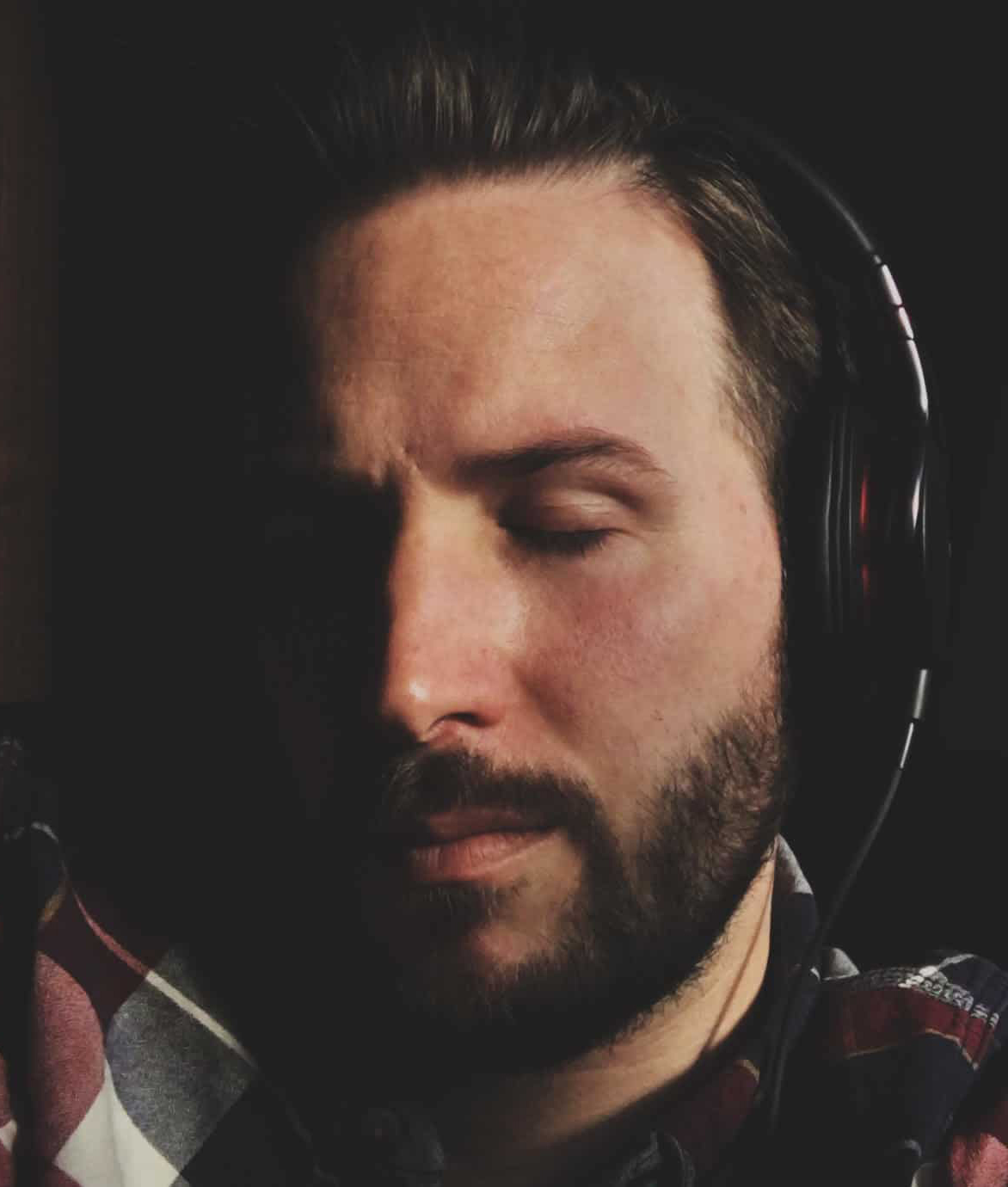By Kristin Larsen
Our lives are constructed of time. How we appreciate and acknowledge that time relates to how we perceive the experiences that happen within it. One common term that describes how we relate to time in our life experiences is mindfulness. In mindfulness, you are present with a deep consciousness of the flow of inner thoughts, emotions, and the external sensations being experienced at that moment. Practising mindfulness allows someone to tap into their creativity, wisdom, curiosity, appreciation, and have a connection to people and things.
In order to have mindfulness and take the necessary steps to incorporate it into everyday living, we must first understand what it means to live mindfully. Mindfulness means having awareness by directing one’s attention to what is being experienced in the present moment, without permanent attachment to judgment or over-identification in the experience.
What would that mean to be ‘present in the moment’? It could mean not ruminating over doubts or distracted by the worries of something not happening in the way it is desired or envisioned. Being present in the moment means minimizing one’s attachment to doubt and worrying about things that have already happened or have not yet happened.
What would prevent or take someone away from having mindfulness? Various life examples of not having mindfulness may be: not taking the time to be mindful; being swept away in thoughts or emotions; not dedicating effort towards the practice; not making it a priority in life; avoiding acknowledgment or acceptance of it due to discomfort of situations occurring in life.

Throughout my life, my personal struggles with mindfulness have been at times when I was not feeling fulfilled in my career or trying to get through experiences that brought out my insecurities. Those insecurities were my fears, my doubts, and my worries. Fear of failure seemed to creep into my mind often and this aided the displacement of presence. I failed to see the gratitude in my experiences. I was not being open to an awareness of what each experience was trying to show me or teach me. My lack of mindfulness eventually transformed into suffering. I began to lose connection with my wife, my kids, other people, and myself. I became emotionless and numb to what I was experiencing in life, consciously ignoring what was happening around me. This gave me a limited vision of choices, opportunities, and possibilities. I subscribed to being a victim of what was happening ‘to me’ instead of what was actually happening ‘for me’.
Since practicing mindfulness, I am more present with myself by acknowledging and accepting my thoughts and emotions. Taking this action moved me closer to having self-compassion and self-acceptance. I realized that having mindfulness in moments of difficulty brought me thoughts of clarity. It gave me focus to utilize my strengths and creativity to conquer the frustrations and fear. Most importantly, it brought me to see the appreciation of each moment through presence so I could be calm with inner peace.
These simple realizations with steps of action began to alter the events in my outer world. The reason was that I was taking the time to be present with my inner thoughts and emotions. I was appreciating what life was showing me, offering me, and allowing me to experience. There was no failure in any of those realizations, which reframed my perceptions in my life.

Many men struggle with mindfulness due to the nature of its core fundamentals; it involves being present with thoughts and emotions and being able to process them through effective expression. It tends to go much deeper into the areas that require more intense mindfulness. Beliefs that hold pressures and expectations begin to accumulate, causing chronic stress along with a reluctance to decipher what is causing the stress. These areas may be the expectations to be a leader, to carry all the responsibility of a financial provider, and to have ineffective communication skills in various relationships. This may lead to mental stress associated with poor coping techniques and tools.
Some effective exercises to try to cultivate mindfulness in one’s life are the body scan, mindful seeing, and mindful listening. Understanding that mindfulness is a choice we all have. It does require making it a priority in life. Living with mindfulness does require practice, scheduling and dedicating to it consistently.
There are many health benefits to practicing mindfulness in life consistently. It helps one to navigate depression and anxiety by detaching from worry, doubt, self-judgment, shame, and guilt. It reduces the stress response by maintaining presence and focusing on the challenge or issue being faced as opposed to avoiding or suppressing it. When stress is reduced, the immune system begins to function more effectively, while also lowering blood pressure and anger impulses. Communication is also improved with more attention being placed on current thoughts and emotions that are needed to be expressed openly.
What steps can be taken now to begin incorporating mindfulness into each day? You can easily begin to cultivate awareness into each experience. The awareness will assist in understanding where potential stress is being created, while also understanding what contributes to being mindful and present. With mindful awareness, we can effectively navigate through situations while being in control and calm with our reactions. Calming the breath is the key to calming the mind.
Will you choose to incorporate a mindfulness practice in your day? When would you schedule it in your day? Will you commit to it? The process becomes more powerful when you know why you are doing it and understand the purpose of what you would like to get from it.
Mindfulness is appreciation and acknowledgment that in this moment we are alive to experience it. Being aware to appreciate the moments for what they are and to let go of what they are not. This is always the choice that mindfulness gives us.
Kristin Larsen is a Life Mastery Health Coach who helps men and women transform their mindset to build inner leadership with confidence and live with fulfillment so they can function effectively in their life without limitations. Cultivating an unstoppable approach to achieving results that continually multiply in health and life.
Powerful Leadership Mindset Confidence Coaching
Website- www.klhealthcoaching.com
Instagram- @kristinsvenlarsen
Facebook- Kristin Larsen Health & Wellness Coaching
Twitter- @kristinslarsen
LinkedIn- Kristin Larsen – Certified Transformational Health and Life Coach
